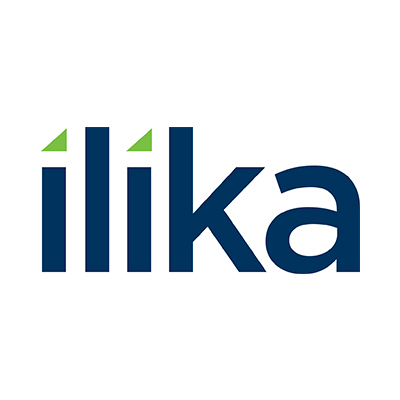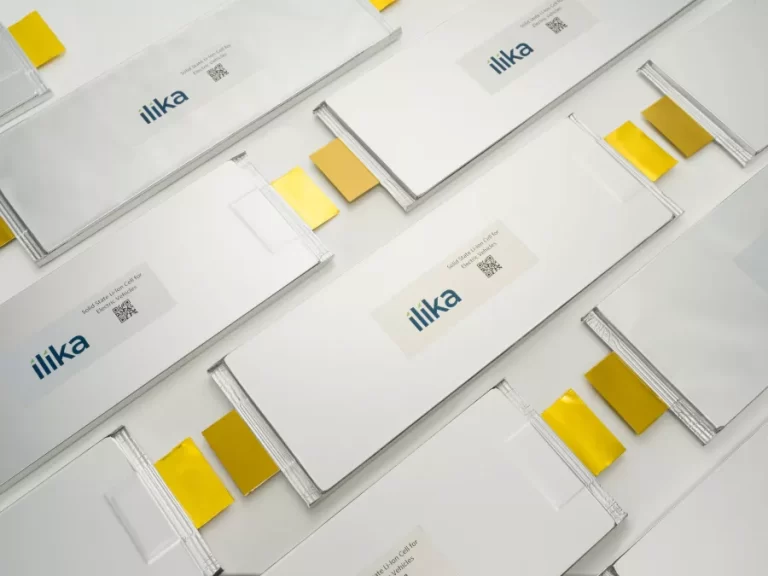A subtle shift is underway at the heart of the UK’s industrial ambitions, ushered in by a company few had on their radar until now. The stakes are high: decarbonisation targets loom, supply chains strain under geopolitical tensions and energy security has vaulted to the top of every boardroom agenda. Within this charged atmosphere, Ilika occupies a peculiar vantage point, quietly converting material science breakthroughs into potentially transformative manufacturing capabilities.
Ilika’s journey did not start with grand pronouncements or vast production lines. Instead, it has built momentum through a relentless focus on pioneering solid-state battery prototypes and rapid materials screening. While larger competitors grapple with scaling challenges and safety concerns, Ilika’s patented process accelerates the path from lab bench to pilot assembly. By exploiting ceramic separators and thin-film electrochemistry, the company claims a route to cells that promise higher energy density, longer lifespans and intrinsic safety advantages over conventional lithium-ion technology. This capability aligns neatly with the UK’s new advanced manufacturing sector plan, which emphasises agile supply chains and next-generation energy storage as keystones of future competitiveness.
The government’s strategy document set out to reroute decades of gradual decline by marshaling £4.7 billion in funding for eleven priority areas ranging from semiconductors to pharmaceuticals. Critical to this vision is the adoption of technologies that can be prototyped rapidly and scaled locally. Here, Ilika’s unique platform fits like a missing puzzle piece. Rather than committing to a single chemistry or cell format, Ilika offers a modular toolkit that can be tailored to specialised applications—from grid-scale stabilisation to aerospace power packs. Partnerships announced with industrial collaborators have already begun exploring bespoke cell designs, signalling potential revenue streams through licensing, joint development and small-scale manufacture.
Investors assessing long-term positioning may find it telling that the company’s commercial focus extends beyond standalone batteries. Ilika has secured strategic partnerships to integrate its cells into sensor networks, medical implants and autonomous robotics. These early moves illustrate a deliberate effort to diversify risk and capture adjacent high-margin markets. In doing so, Ilika leverages its accelerated development cycle, often reducing prototyping times from months to weeks—to stay ahead of larger incumbents constrained by legacy production lines. This speed advantage could become more pronounced as the UK scales up grant funding and establishes regional advanced manufacturing hubs, potentially positioning Ilika as a linchpin for battery innovation in the Northern Powerhouse and the Midlands Engine.
Some may question whether a boutique technology firm can thrive amid competition from global giants. Yet the very structure of the new sector plan favours nimble innovators capable of rapid iteration. Government incentives aim to reward proof-of-concept successes and early site demonstrations, effectively underwriting part of the commercial risk. Ilika’s track record of delivering working prototypes in regulated environments, from under-sea exploration modules to integrated wearable devices, suggests an ability to satisfy stringent performance criteria. As the UK accelerates its pivot towards net zero, demand for safer, higher-performance storage solutions will only intensify, and first-mover advantage in the emerging solid-state domain could translate into premium licensing fees and downstream manufacturing contracts.
Looking ahead, the confluence of public policy and private ingenuity appears to favour enterprises that can straddle both research and early-stage commercialisation. Ilika’s forthcoming roadmap includes plans for a pilot manufacturing line capable of producing multi-gram batches of its proprietary ceramic materials, a step change from existing gram-scale lab outputs. This scalability milestone will be watched closely by investors seeking signs that the technology is ready to graduate from contract research to revenue-bearing operations. Moreover, the company’s ongoing engagement with regulatory bodies to establish safety testing protocols could yield broader industry standards, and with them, licence revenues and consultancy fees.
Ilika represents a concentrated experiment in marrying cutting-edge materials science with the UK’s refreshed drive to reclaim manufacturing prowess. Its small-scale origins belie an outsized potential to influence sectors as diverse as clean energy, healthcare and advanced robotics. For investors inclined towards themes of technological differentiation and sovereign supply chain resilience, Ilika embodies the sort of specialist player that might redefine how batteries are conceived and produced within a national industrial strategy.
Ilika plc (LON:IKA) is a pioneer in solid state battery technology enabling solutions for applications in Industrial IoT, MedTech, Electric Vehicles and Consumer Electronics.







































